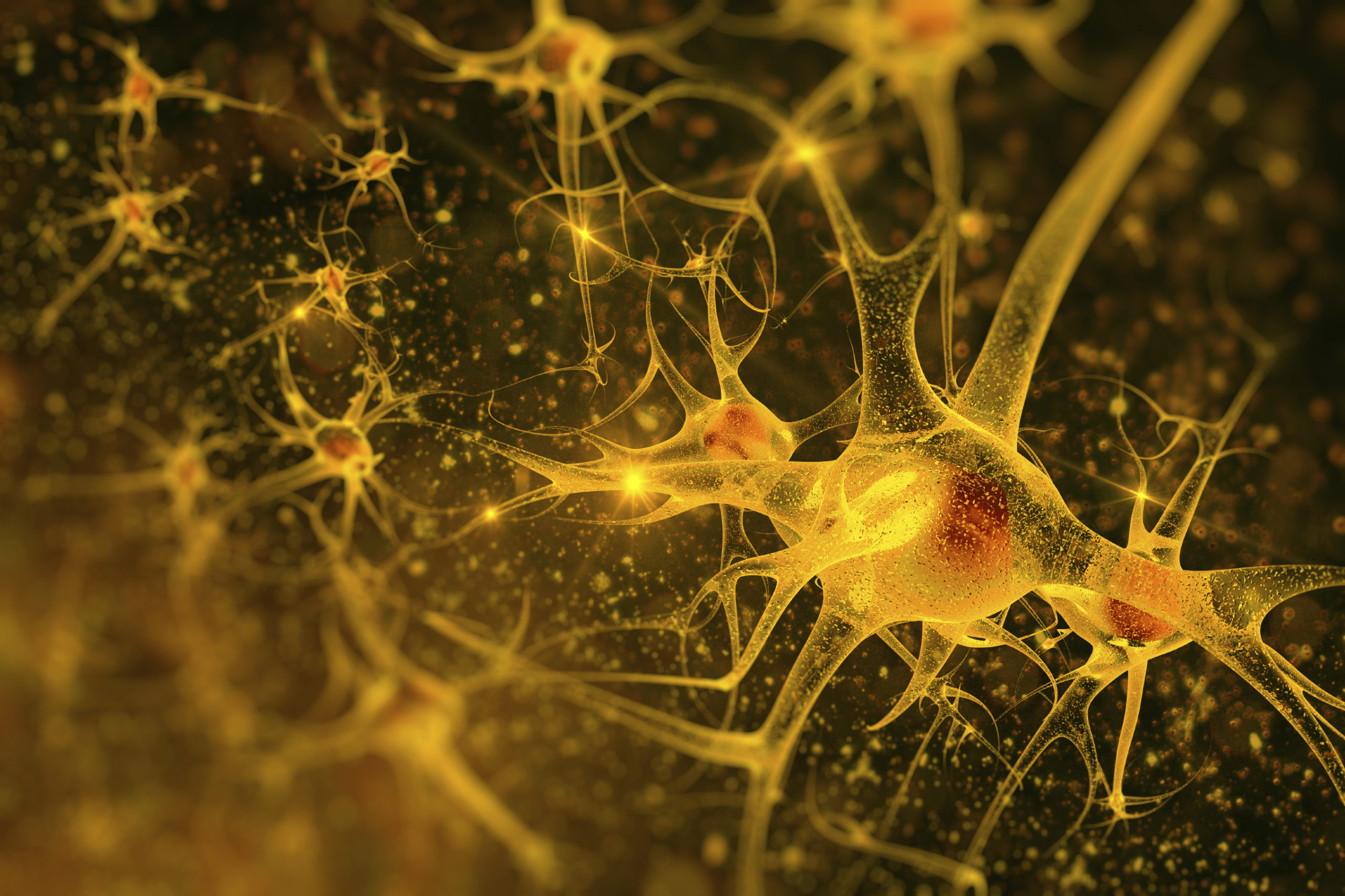Tag: Neurology and Neuroscience
-

Scientists Discover a Possible Environmental Trigger for Parkinson’s Disease
New Northwestern Medicine research has found that a usually harmless virus might be an environmental trigger or contributor to the development of Parkinson’s disease.
-

Developing New Methods to Map Brain-Wide Synaptic Changes
Scientists have developed a new method to track changes in synaptic protein lifetimes across the entire brain, according to a study published in Nature Neuroscience.
-

Study Uncovers Key Biological Markers in Severe Malaria
Scientists investigating severe malaria infections in children have uncovered key biological markers that could help guide future treatments, according to a study published in Nature Communications.
-

Compound Produced by Gut Bacteria May Slow Alzheimer’s Progression
A compound found in the gut may reduce some of the manifestations of Alzheimer’s disease, according to a Northwestern Medicine study published in the Journal of Clinical Investigation.
-

Pioneering New Techniques in the Fight Against Alzheimer’s Disease
More than seven million Americans aged 65 years and older currently live with Alzheimer’s disease, according to recent estimates from the Alzheimer’s Association. As the prevalence of the disease increases, so does the need for research that identifies underlying mechanisms of disease to enhance the effectiveness of current therapies and inform new therapeutic strategies.
-

New Key Genes in Parkinson’s Disease Identified Using CRISPR Technology
A new Northwestern Medicine study published in Science has identified a new set of genes that contribute to the risk of Parkinson’s disease, opening the door to previously untapped drug targets for treating the disease.
-
Alzheimer’s Treatment May Lie in the Brain’s Own Cleanup Crew
A new Northwestern Medicine study suggests a promising alternative to current approaches to Alzheimer’s disease: enhancing the brain’s own immune cells to clear amyloid plaques more effectively.
-

Understanding How Metabolism Contributes to Parkinson’s Disease
Northwestern Medicine investigators have uncovered new insights into how metabolic dysfunction contributes to Parkinson’s disease, according to a study published in Nature Communications.
-

Novel Approach Pinpoints Genetic Variants Linked to Parkinson’s Disease Risk
Investigators have developed a novel approach that can better identify genetic variant interactions that are associated with increased risk of Parkinson’s disease, according to a recent study published in Brain.
-

How Your Breathing Coordinates Brain Rhythms During Sleep
For the first time in humans, breathing rhythms during sleep have been linked to hippocampal brain waves that strengthen memory consolidation, according to a recent Northwestern study.





